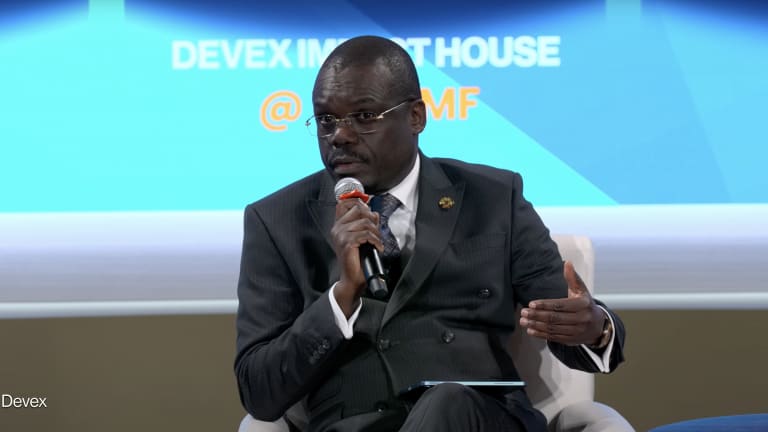
WASHINGTON — Wasteful government spending each year costs Latin America and the Caribbean about $220 billion — enough to eradicate extreme poverty in the region. A new analysis by the Inter-American Development Bank found that inefficient spending has stalled growth in the region and prevented governments from successfully delivering public services such as education, health, and security as well as adequately investing in infrastructure and human capital.
The publication “Better Spending for Better Lives: How Latin America and the Caribbean Can Do More with Less” found that funds lost to inefficient spending represent 4.4 percent of regional gross domestic product. The report argues that Latin America and Caribbean countries don’t necessarily need to be spending more money to successfully reach middle-income status, but instead need to be spending in a more efficient manner.
More on domestic resource mobilization:
► Accountability and strong laws are key to effective tax collection in Africa
► Q&A: How tax collaboration could change global development
► Brookings calls for Africa to improve domestic resource mobilization
“We can do in the region more with less,” said Carola Pessino, principal specialist of the IDB’s fiscal and municipal management division and a lead editor of the report. She said the region must stop shortchanging the future and instead “invest in the areas of spending which have the highest social rate of return.”
Public spending in the region exceeded $1.9 trillion annually in 2016, while goods and services produced were worth more than $5.3 trillion.
In Latin America and the Caribbean, consolidated public spending averages 29.7 percent of GDP, which is almost 6 percentage points more than in the early 2000s. But levels of public investment needed to ensure future growth have lost more than 8 percentage points in the budget relative to current expenditure. Public investment per capita has only increased 5 percent — consistent with levels in the 1980s — while it has increased more than 50 percent in every other region in the world.
Despite the fact that it is demonstrated to be a drag on long-term growth, citizens in Latin American and the Caribbean prefer transfers to capital spending. The report found that this is because people do not trust their governments to spend money appropriately in the future, so they prefer the short-term return of getting money faster. While this can help solve immediate needs, investments in infrastructure and human capital remain chronically inadequate to ensure growth. Governments must choose to spend for the future, not only the present, the report says.
Lack of trust also increases resistance to higher taxes as citizens do not think their governments will spend the additional funds responsibly on services they need.
“Cash transfers tend to decrease poverty in the short run. They do not usually eradicate poverty and inequality in the long run,” Pessino said. “Trust can be regained once citizens see that their governments are striving for efficiency in all areas of government and that their tax dollars are put to good use.”
According to the report, in advanced countries, direct taxes and cash transfers reduce inequality by 38 percent, but for 16 countries in Latin America, the decline is only 4.7 percent.
“Lack of professionalism, negligence, corruption, or a combination thereof, inflate the cost of inputs” for public spending, the report found. It needs to be more efficiently allocated among government sectors, programs, and populations, and over time.
Pessino said that governments in the region have been improving their fiscal accountability since the 1990s by formalizing budget processes, but the region still loses billions each year to fraud and corruption.
“Corruption is a term that can be lots of things — not only corruption or bribes per se, but also lots of inefficiency … The corruption mixes with the inefficiency,” Pessino said. “You are putting more money and getting much less in results.”
The report recommends countries spend smarter by paying more attention to where in the economic cycle they are spending the most resources. Many countries have increased public sector salaries and pensions during healthy economic times, but been unable to lower that spending during a downturn. This leaves less money available for capital spending in a weaker economy, which can also jeopardize private investment.
Budgets must be dissected sector by sector, the report says, to root out technical and allocative inefficiencies. It also encourages governments to use cost-benefit analysis in determining how to spend public funds, improve the management of civil services expenditures, and provide citizens with more information about the ways in which public funds are spent so dollars can be better monitored.
“We [as a region] have been concentrating on improving system sustainability including processes, but now we have to improve the way we allocate spending,” Pessino said.








